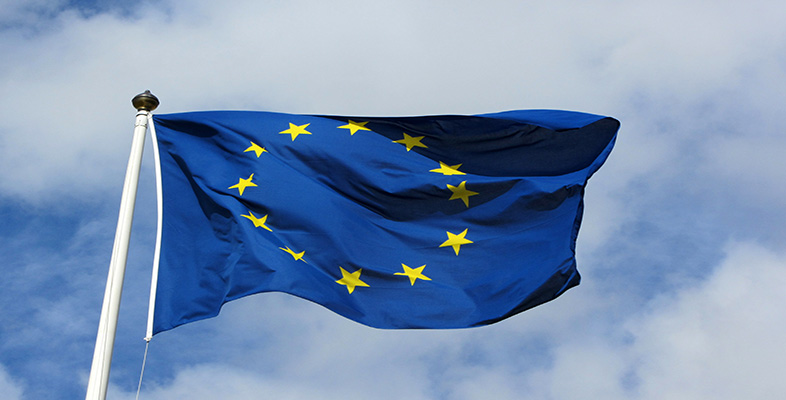1.4 The role of European elites in the unification of Europe
1.4.1 Historical background
European unification was begun by the social democratic and Christian democratic leaders of the Western European states who had fought each other during the Second World War. The idea was to create a community of states that would guarantee peace and prosperity. The process turned out to be long and arduous, particularly after the federalist failures of the Congress of the Hague (1949) and the European Defence Community (1953). The main emphasis was on economic co-operation, and the project was essentially élitist (Hayward, 1996, p. 253).
European unification was a process lead by top political elites. It was the decisive leadership of Konrad Adenauer in Germany, Robert Schuman and Jean Monnet in France, Alcide de Gasperi and Altiero Spinelli in Italy and Paul Spaak in Belgium that created the first institutions: the European Coal and Steel Community (1951) and the European Economic Community (1957). British political elites adopted a studiously ambiguous attitude toward European unification. Although it was favoured by Churchill in the aftermath of the Second World War, it was also viewed as a continental development excluding Britain.
The elites who participated in these developments in France, Germany, Italy and the Benelux countries were small in number but they agreed on the basics. Apart from the communists and extreme nationalists, all major political parties backed the move toward European unification. Other major social forces such as industrialists, farmers and trade unions followed suit. An important force in the original impulse toward unity came from the senior civil servants of all these countries, France being the weakest link. The progress of the EEC/EU has often been the task of a few dedicated people with a clear sense of purpose, from Jean Monnet in the 1950s to Jacques Delors in the late 1980s and early 1990s. On the other hand, the path has been anything but easy; there have been a lot of interruptions. In some periods of history the EEC/EU stood completely still, left to the vagaries of powerful politicians who aimed at blocking any progress – as was the case with de Gaulle in the 1960s and Thatcher in the 1990s (Wilson, 1999).
